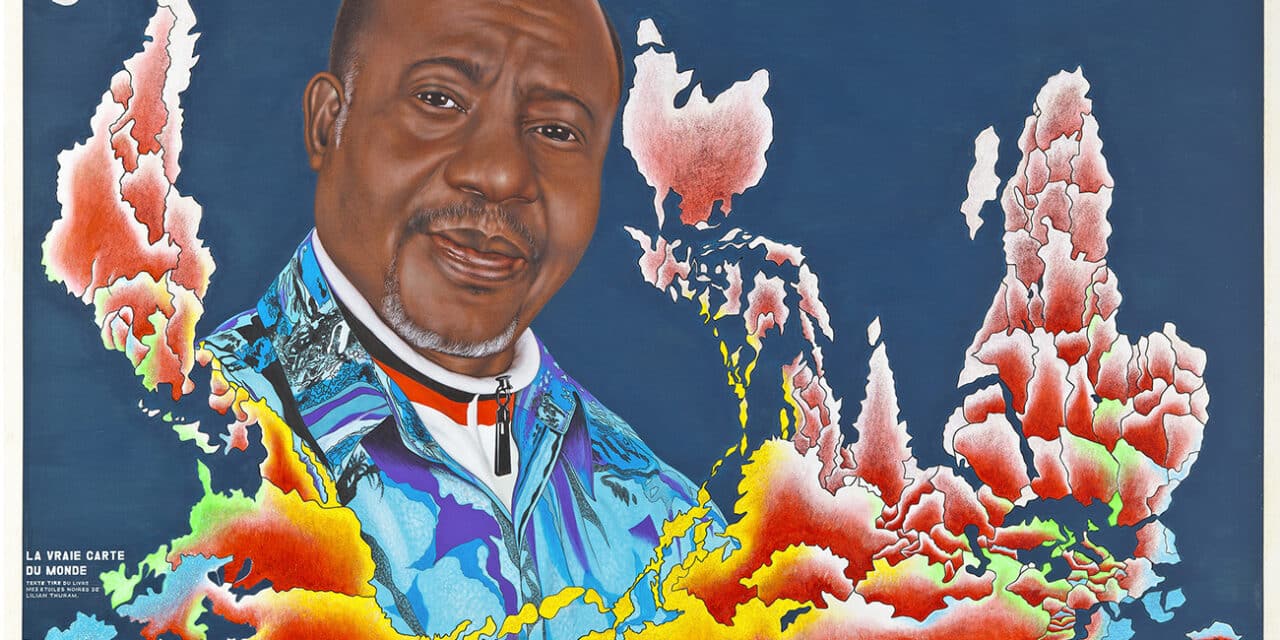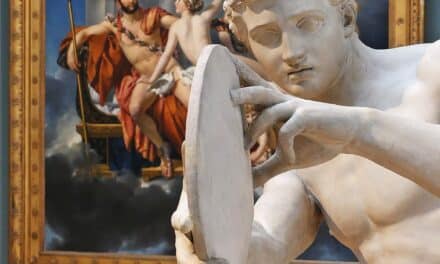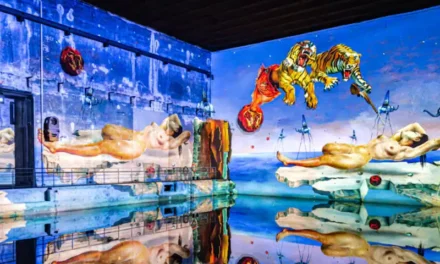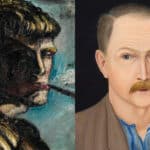This exhibition aims to present world history from the 13th to the 21st century from a different perspective in an accessible and reflective way. It does not claim to depict the world in its entirety.
Rather, it invites the visitor to leave behind the Western perspective that still prevails today and instead look at Asia, Africa, America and Oceania from completely new angles, in which sculptures, paintings, textiles, maps, archaeological objects, manuscripts and decorative art present the successive globalizations differently. These works make it possible to understand the temporal and spatial relationship of societies outside Europe and at the same time foreground their way of writing history. The bison hide of the Lakota, the carved bamboo of the Kanak, the heavily decorated sarong of the Javanese and the narrative of a Senegalese griot bear witness to the infinite richness of indigenous historiography.
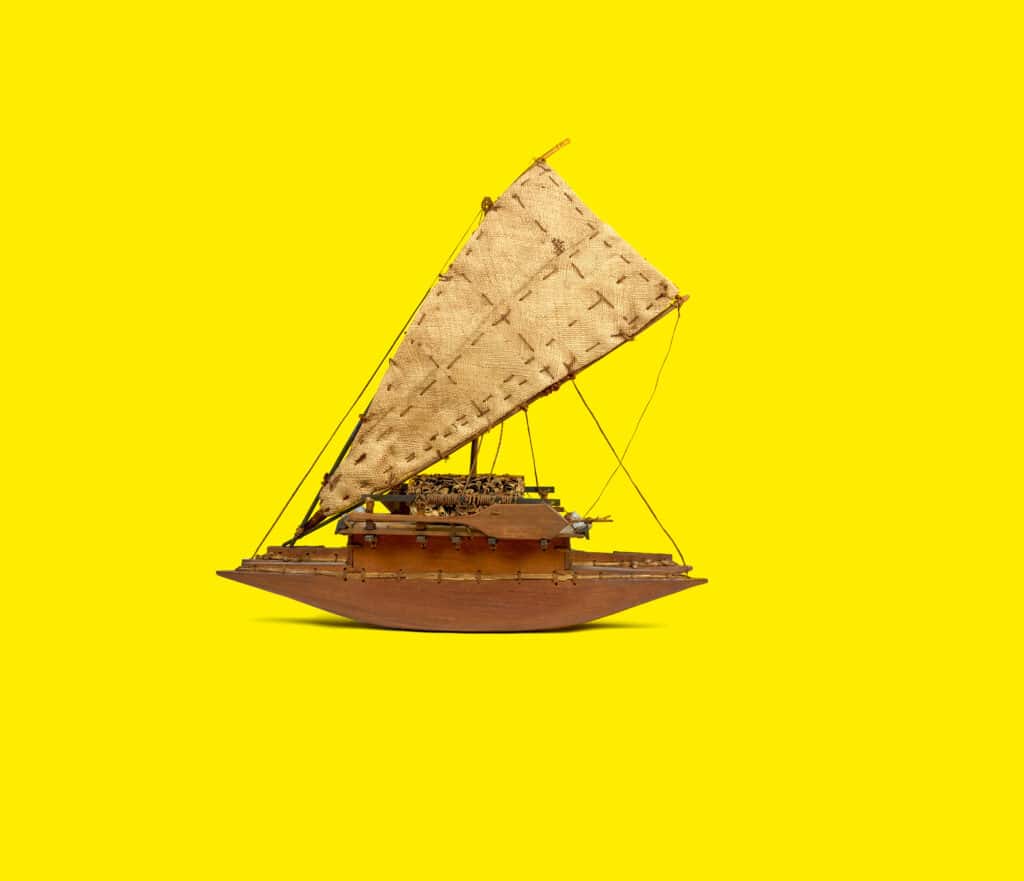
Maquette de pirogue, inv. D979-3-1133, dépôt de la collection de la Propagation de la Foi-OPM, musée des Confluences (Lyon, France), © Olivier Garcin
The travels and explorations of Arab, Asian or African traders, pilgrims and scholars, who "discovered" distant lands and brought forth new knowledge, shook these so-called traditional worldviews. African cowries as well as Chinese navigational maps remind us vividly that globalization was multipolar, in Central Asia, the Indian Ocean and far beyond.
In the course of the progressive opening up of the globe, Europeans themselves became the subject of numerous and sometimes unexpected representations and the world became an object of diverse curiosity and encyclopaedic ambitions outside the West. In the face of the Europe-centered narrative spread by the colonial empires from the 17th century onwards, rulers, elites and artists from other continents attempted to reappropriate their history. In doing so, they sometimes drew inspiration from Western practices to showcase their power or anti-colonial resistance. Today, new national master narratives enable them to rewrite their past by reinventing their relationship with the world.
November 8, 2023 to March 11, 2024

